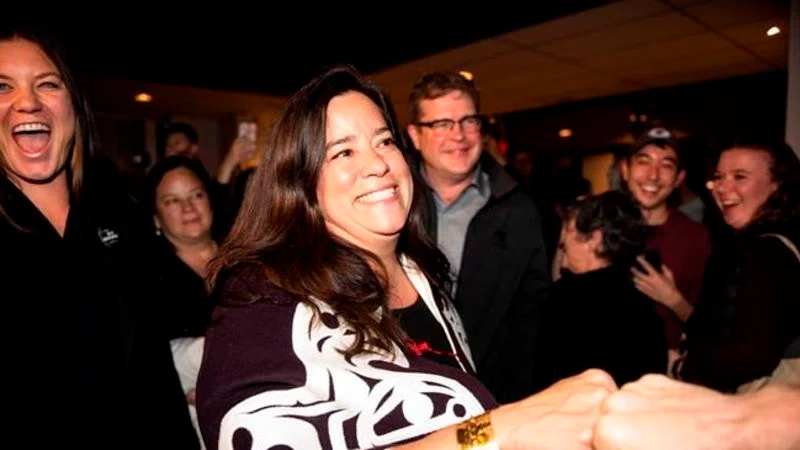
Jody Wilson-Raybould should use social media to amplify her voice: experts
VANCOUVER — In the early years of Confederation, there were members of Parliament known as “loose fish,” who floated free from parties but swam back and forth between allegiances.
In 1945, a cohort of Quebec Liberal MPs ran as Independents to protest prime minister Mackenzie King’s unpopular policy of conscription.
But being an Independent has never been easy. At least 93 MPs have sat solo in the House of Commons, but the vast majority were originally party members. Few have won elections as Independent candidates and even fewer wielded any power.
The most successful solitary legislators have been those capable of capturing public attention, since actually establishing policy is near impossible, said John English, founding director of the Bill Graham Centre for Contemporary International History. But this isn’t necessarily bad news for Jody Wilson-Raybould, the latest MP to sit as an Independent in the Commons.

